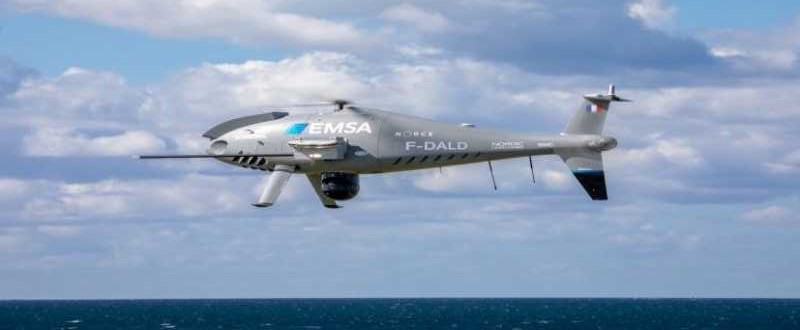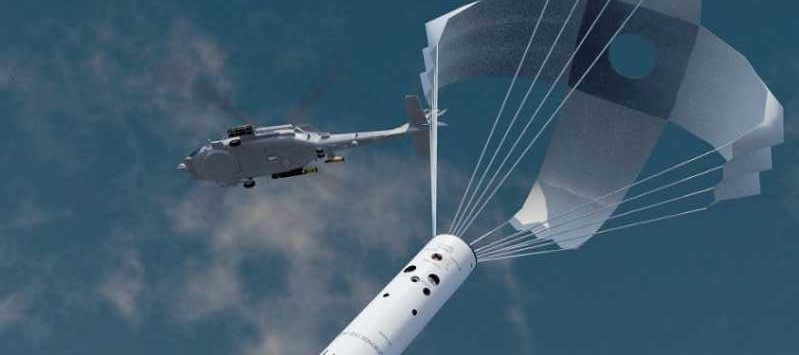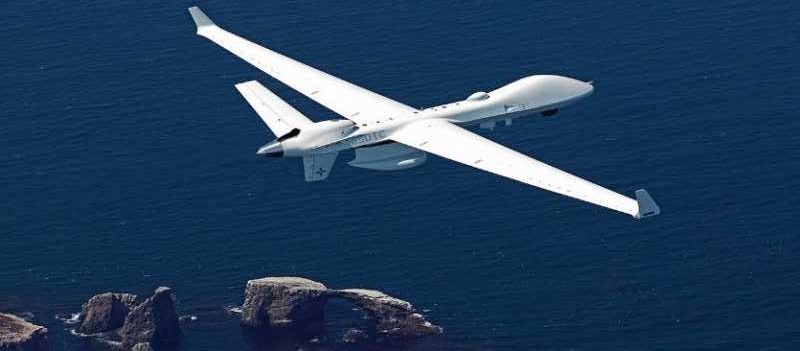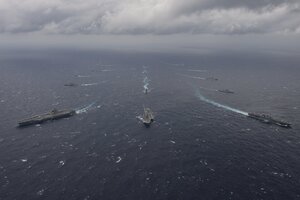 The second phase of Exercise Malabar 2020 will be conducted in the Northern Arabian Sea from 17 to 20 November 2020. Taking forward the synergy achieved in the recently concluded Phase 1 of Exercise Malabar 2020, which was conducted in the Bay of Bengal from 03 to 06 November 2020, this phase will involve coordinated operations of increasing complexity between the navies of Australia, India, Japan and the United States.
The second phase of Exercise Malabar 2020 will be conducted in the Northern Arabian Sea from 17 to 20 November 2020. Taking forward the synergy achieved in the recently concluded Phase 1 of Exercise Malabar 2020, which was conducted in the Bay of Bengal from 03 to 06 November 2020, this phase will involve coordinated operations of increasing complexity between the navies of Australia, India, Japan and the United States.
Phase 2 of Exercise MALABAR 2020 will witness joint operations, centered around the Vikramaditya Carrier Battle Group of the Indian Navy and Nimitz Carrier Strike Group of the US Navy. The two carriers, along with other ships, submarine and aircraft of the participating navies, would be engaged in high intensity naval operations over four days. These exercises include cross-deck flying operations and advanced air defence exercises by MIG 29K fighters of Vikramaditya and F-18 fighters and E2C Hawkeye from Nimitz. In addition, advanced surface and anti-submarine warfare exercises, seamanship evolutions and weapon firings will also be undertaken to further enhance inter-operability and synergy between the four friendly navies.
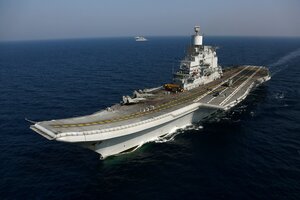 In addition to Vikramaditya and its fighter and helicopter air-wings, indigenous destroyers Kolkata and Chennai, stealth frigate Talwar, Fleet Support Ship Deepak and integral helicopters will also participate in the exercise, led by Rear Admiral Krishna Swaminathan, Flag Officer Commanding Western Fleet. Indigenously built submarine Khanderi and P8I maritime reconnaissance aircraft of the Indian Navy will also showcase their capabilities during the exercise.
In addition to Vikramaditya and its fighter and helicopter air-wings, indigenous destroyers Kolkata and Chennai, stealth frigate Talwar, Fleet Support Ship Deepak and integral helicopters will also participate in the exercise, led by Rear Admiral Krishna Swaminathan, Flag Officer Commanding Western Fleet. Indigenously built submarine Khanderi and P8I maritime reconnaissance aircraft of the Indian Navy will also showcase their capabilities during the exercise.
US Navy’s Strike Carrier Nimitz will be accompanied by cruiser Princeton and destroyer Sterett in addition to P8A maritime reconnaissance aircraft. The Royal Australian Navy will be represented by frigate Ballarat along with its integral helicopter. JMSDF will also participate in the exercise.
 The Malabar series of exercises, which began as an annual bilateral naval exercise between India and the US in 1992, has seen increasing scope and complexity over the years. The 24th edition of MALABAR, which is being presently undertaken, highlights enhanced convergence of views amongst the four vibrant democracies on maritime issues, and showcases their commitment to an open, inclusive Indo-Pacific and a rules-based international order.
The Malabar series of exercises, which began as an annual bilateral naval exercise between India and the US in 1992, has seen increasing scope and complexity over the years. The 24th edition of MALABAR, which is being presently undertaken, highlights enhanced convergence of views amongst the four vibrant democracies on maritime issues, and showcases their commitment to an open, inclusive Indo-Pacific and a rules-based international order.

